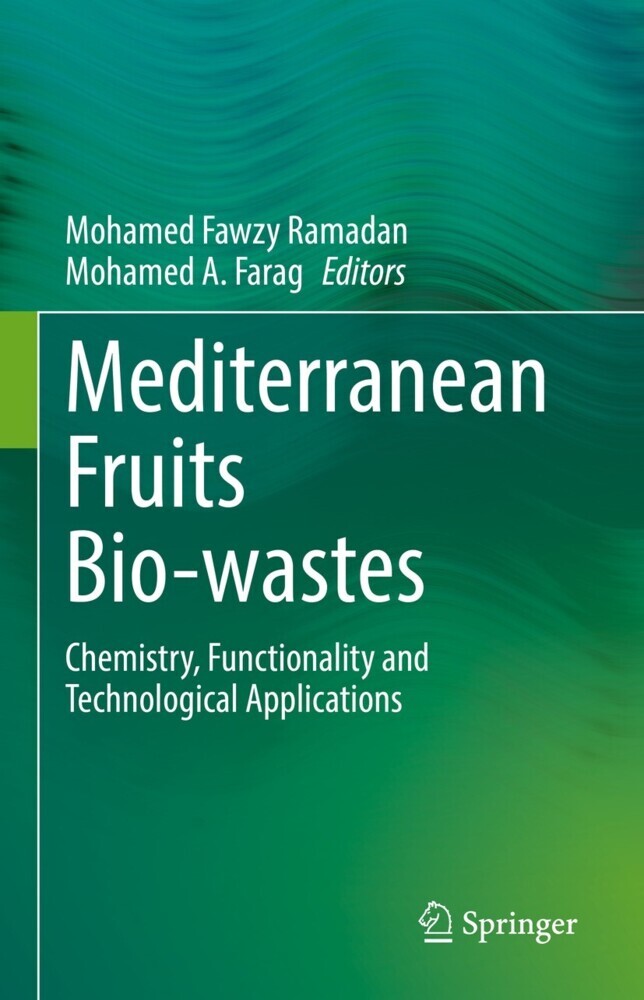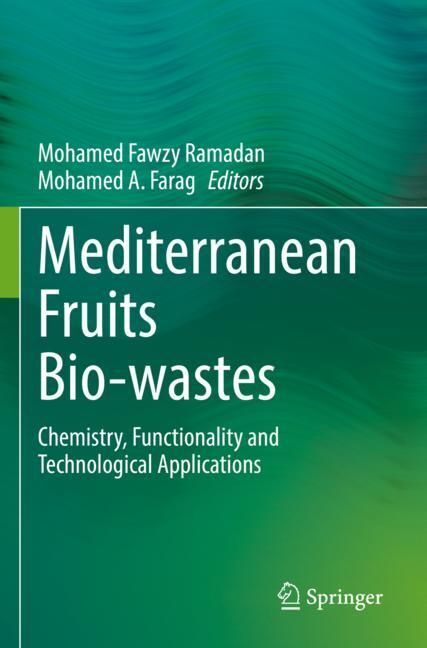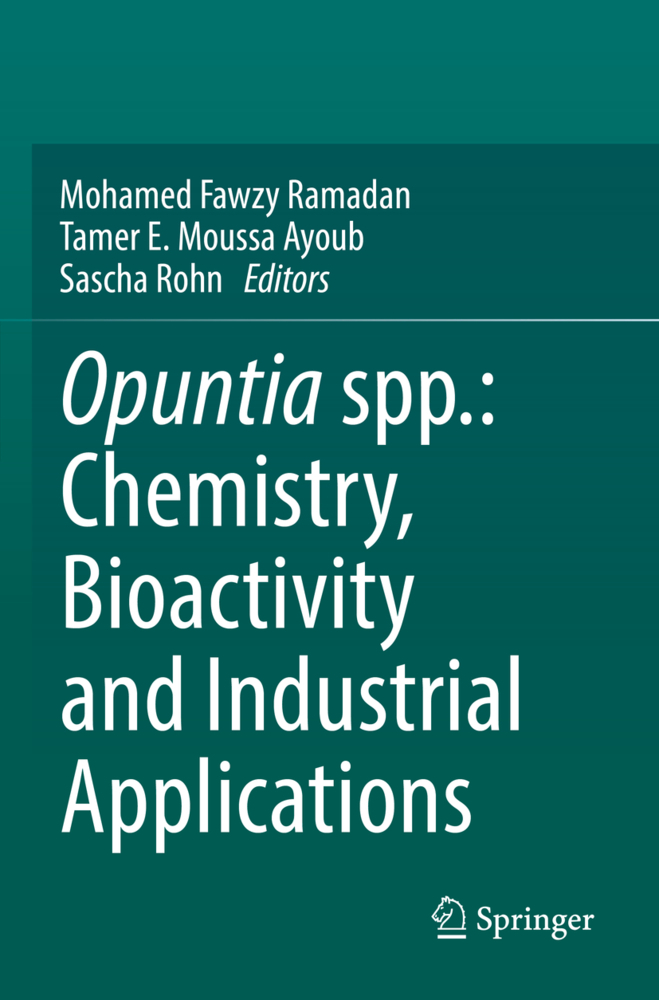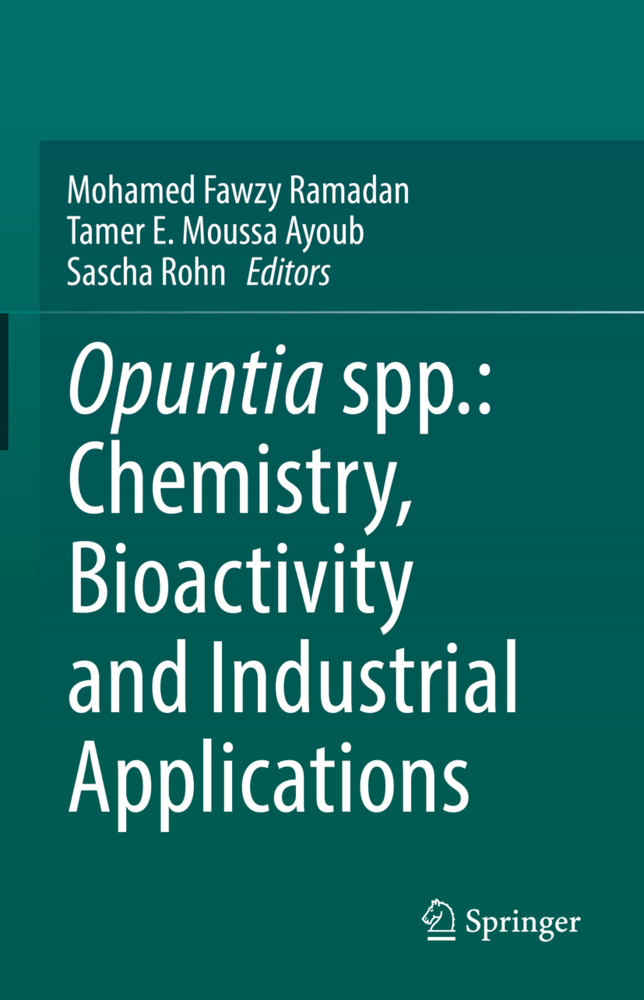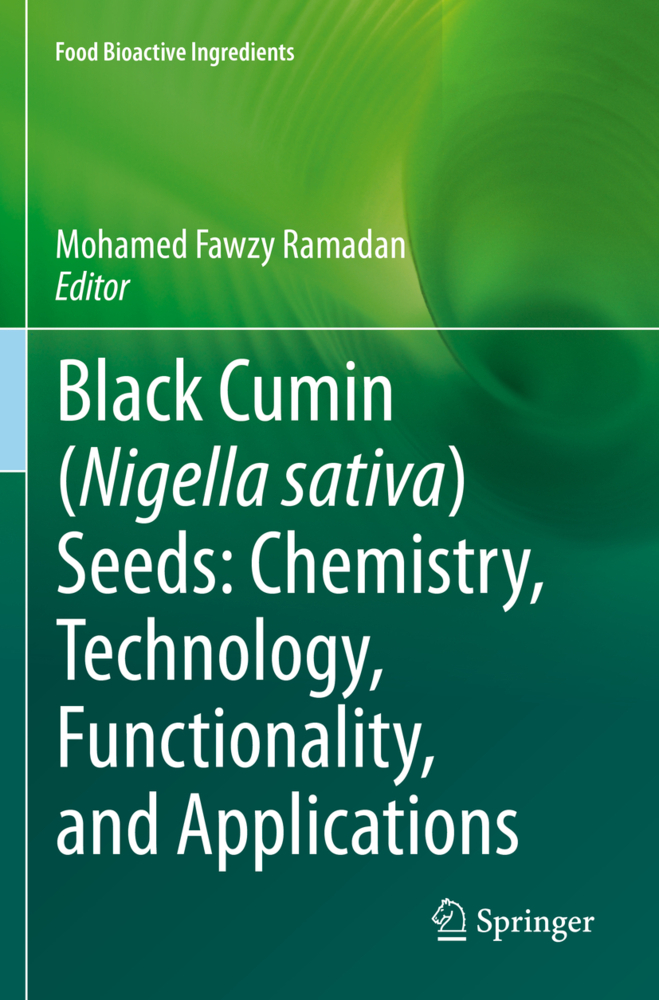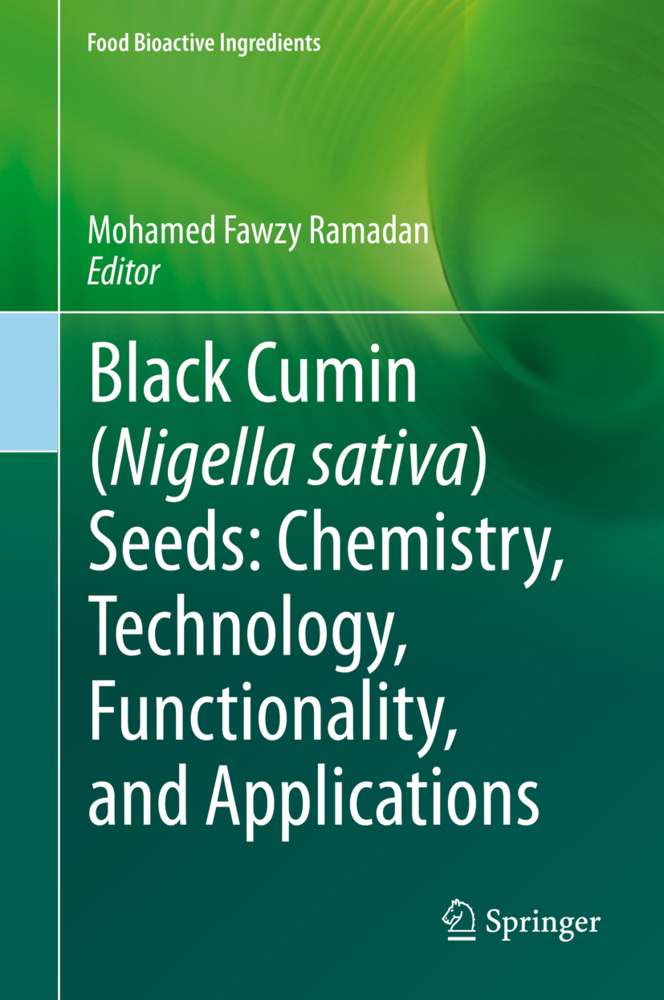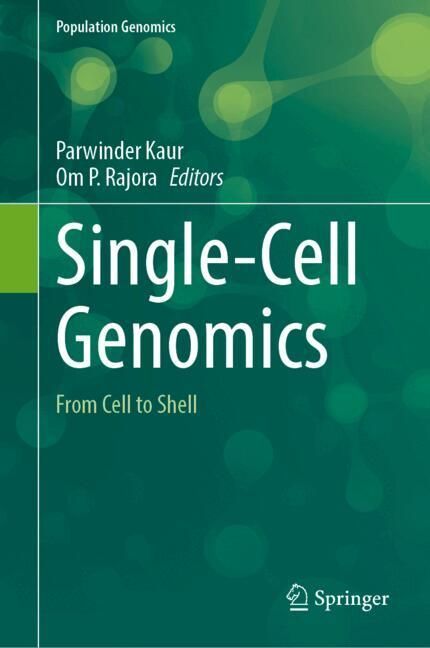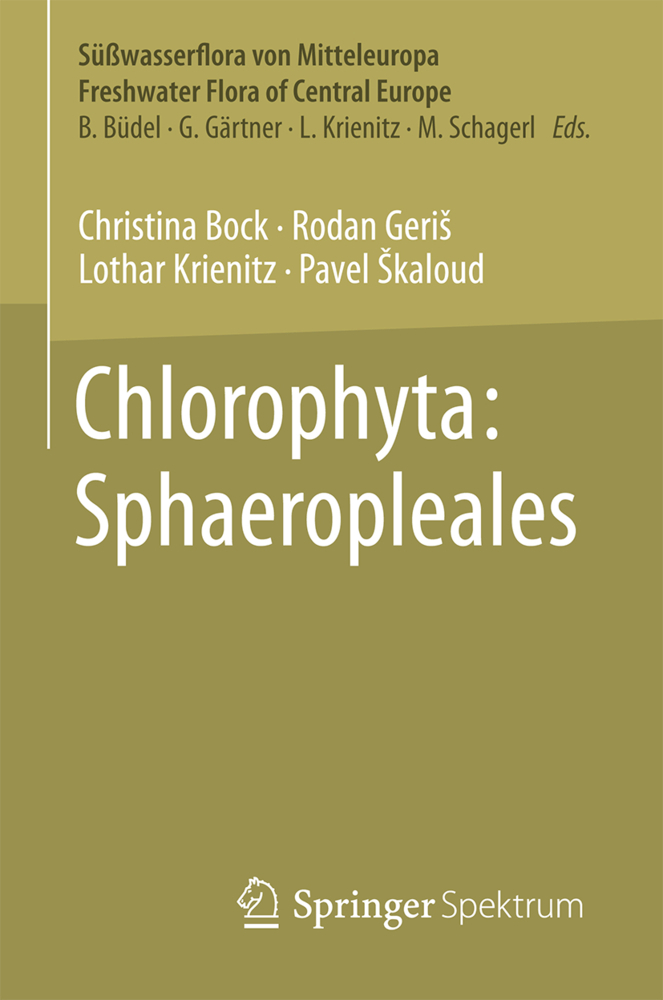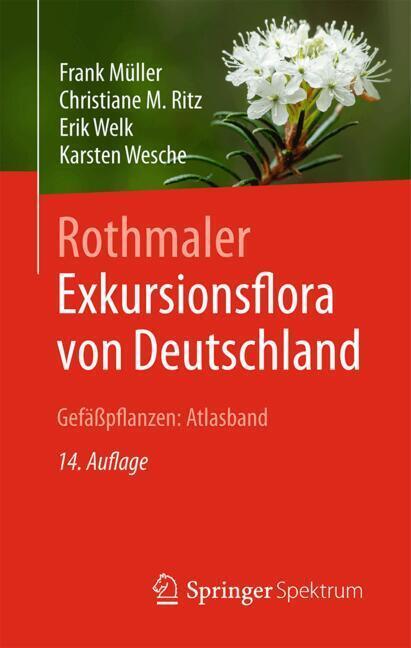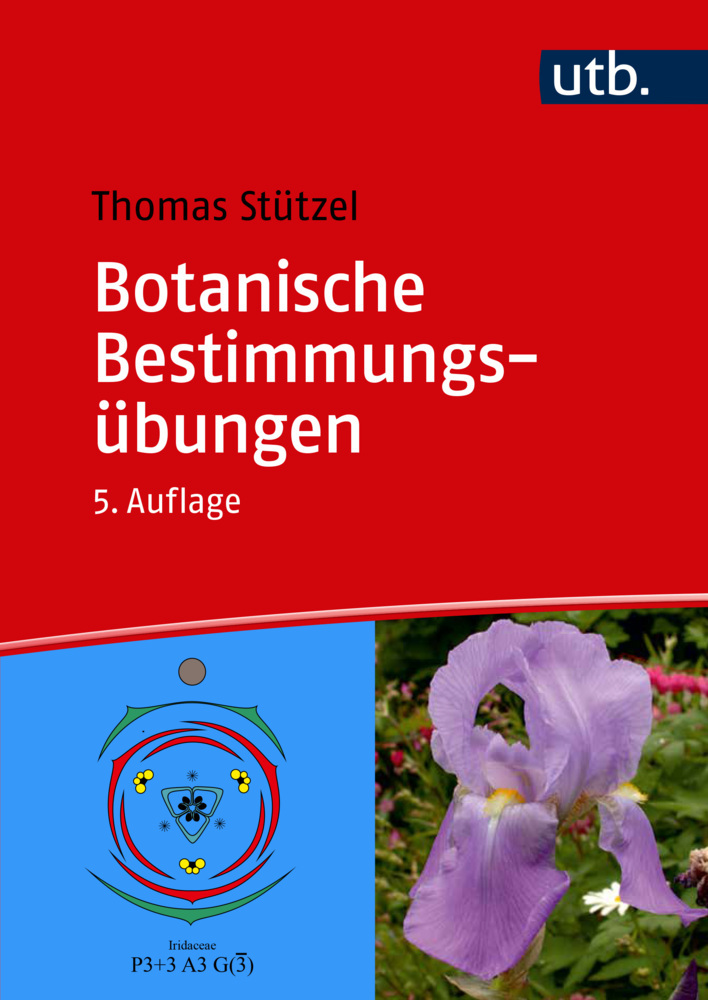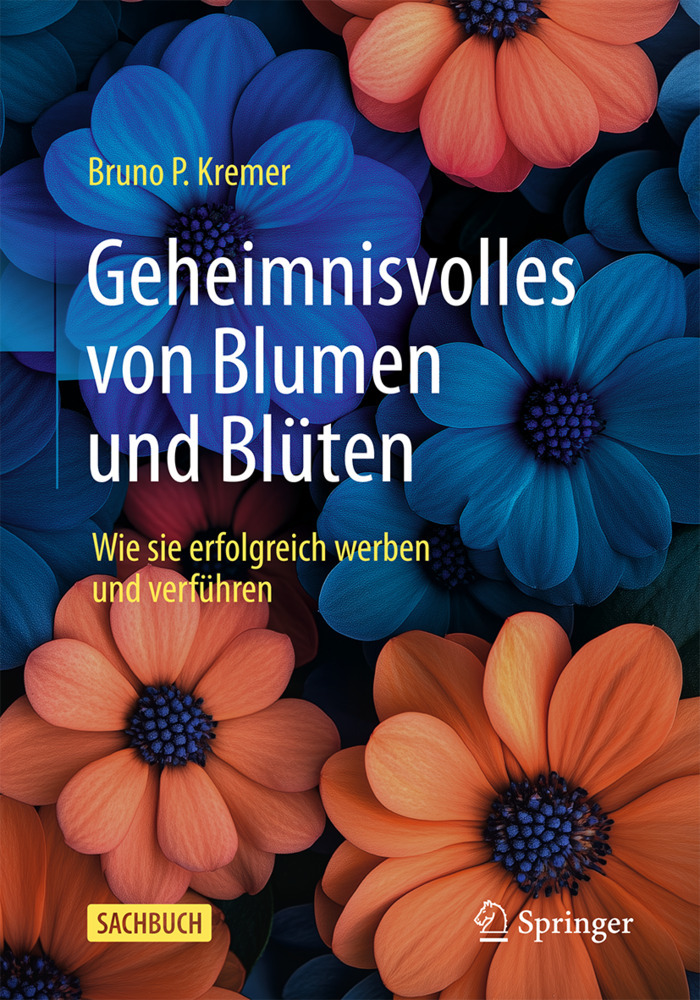Mediterranean Fruits Bio-wastes
Chemistry, Functionality and Technological Applications
Traditional Mediterranean fruits (i.e., be grapes, oranges, apples, pears, peaches, cherries, plums, figs, melons, watermelon and dates) are of major commercial and nutritional value to the region. Processing of such fruits, however, results in large amounts of bio-waste material. Efficient, inexpensive and environmentally friendly use of fruit industry waste is thus highly cost-effective and minimizes environmental impact. The natural antioxidants and bioactive compounds found in Mediterranean fruit bio-wastes could play a major role in the alleged health benefits of the Mediterranean diet, and could be used in pharmaceuticals as well as novel food applications.
This book presents a multidisciplinary forum of discussion on the chemistry, functional properties and health-promoting effects of bioactive compounds in Mediterranean fruit bio-wastes, as well as novel food and non-food applications. The text provides the scientific fundamentals of the health-promoting benefits and applications of Mediterranean fruit bio-wastes, reviews the relevant recovery issues and explores different techniques to develop new applications. With a diversity of perspectives, from food science to environmental chemistry and horticultural research, this volume provides comprehensive, up-to-date knowledge to researchers and industry professionals working in the areas of food waste valorization.
Mohamed Fawzy Ramadan is a Professor in the Agricultural Biochemistry Department, Faculty of Agriculture at Zagazig University in Zagazig, Egypt. Since 2013, Prof. Ramadan is a Professor of Biochemistry and international publishing consultant at the Deanship of Scientific Research (Umm Al-Qura University, Makkah, Saudi Arabia). Prof. Ramadan obtained his Ph.D. (Dr. rer. nat.) in Food Chemistry from Berlin University of Technology (Germany, 2004). Prof. Ramadan continued his post-doctoral research in ranked universities in different countries such University of Helsinki (Finland), Max-Rubner Institute (Germany), Berlin University of Technology (Germany), and University of Maryland (USA). In 2010, he was appointed to be Visiting Professor (100% research) at King Saud University. In 2012, he was appointed to be visiting Professor (100% teaching) in the School of Biomedicine, Far Eastern Federal University in Vladivostok, Russian Federation. Prof. Ramadan published more than 250 research papers and reviews in international peer-reviewed journals and several books and book chapters (Scopus h-index is 40 and more than 5000 citations). In addition, he was an invited speaker at several international conferences. Since 2003, Prof. Ramadan is a reviewer and editor in several highly-cited international journals such as the Journal of Medicinal Food and Journal of Advanced Research. Prof. Ramadan received Abdul Hamid Shoman Prize for Young Arab Researcher in Agricultural Sciences (2006), Egyptian State Prize for Encouragement in Agricultural Sciences (2009), European Young Lipid Scientist Award (2009), AU-TWAS Young Scientist National Awards (Egypt) in Basic Sciences, Technology and Innovation (2012), TWAS-ARO Young Arab Scientist (YAS) Prize in Scientific and Technological Achievement (2013), and Atta-ur- Rahman Prize in Chemistry (2014)
Mohamed A. Farag is a Professor at the Faculty of Pharmacy, Cairo University, Egypt. Specializing in metabolomics, natural products chemistry, and plant biochemistry, Mohamed A. Farag completed his Ph.D. at Texas Tech University, USA, in 2003. In 2005, after spending time as a postdoctoral fellow at The Samuel Noble Foundation, USA, and the James Graham Brown Cancer Center, USA, he became an assistant professor 2005 at the Faculty of Pharmacy, Cairo University, Egypt. Since 2009, Dr. Farag has been working as a part-time visiting professor at the Technical University of Munich, Germany, to participate in teaching plant metabolomics and chemomterics modelling for master students. In 2009-2010 he held the Alexander von Humboldt fellowship at the Leibniz Institute for Plant Biochemistry, Germany. Dr. Farag now works full-time as a visiting professor at the chemistry department, American University in Cairo (AUC). His research work focuses primarily on applying innovative biochemical technologies (metabolomics) to help answer complex biological questions in medicine, herbal drugs analysis, and agriculture. Dr. Farag has been recognized with several awards, including Abd el Hameed Shoman award (2016), Egypt Excellence Award in medical sciences (2018), Higher State Incentive Award (2012), Cairo University Incentive Award (2009), TWAS award in science diplomacy (2014), and the Mass Spectroscopy Performance Award, TTU, USA (2004). In addition, for his highly cited publications of more than 5000 citations and an h-index of 39, Dr. Farag was selected as a top researcher in the field of plant biology in Africa by the American society of plant biology, USA. Dr. Farag is a current TWAS fellow in Agriculture from Egypt. He is the Managing editor of the esteemed Journal of Advanced Research, along with editorial board membership in several other plant journals
Ramadan, Mohamed Fawzy
Farag, Mohamed A.
| ISBN | 9783030844363 |
|---|---|
| Artikelnummer | 9783030844363 |
| Medientyp | E-Book - PDF |
| Copyrightjahr | 2022 |
| Verlag | Springer-Verlag |
| Umfang | 855 Seiten |
| Sprache | Englisch |
| Kopierschutz | Digitales Wasserzeichen |

